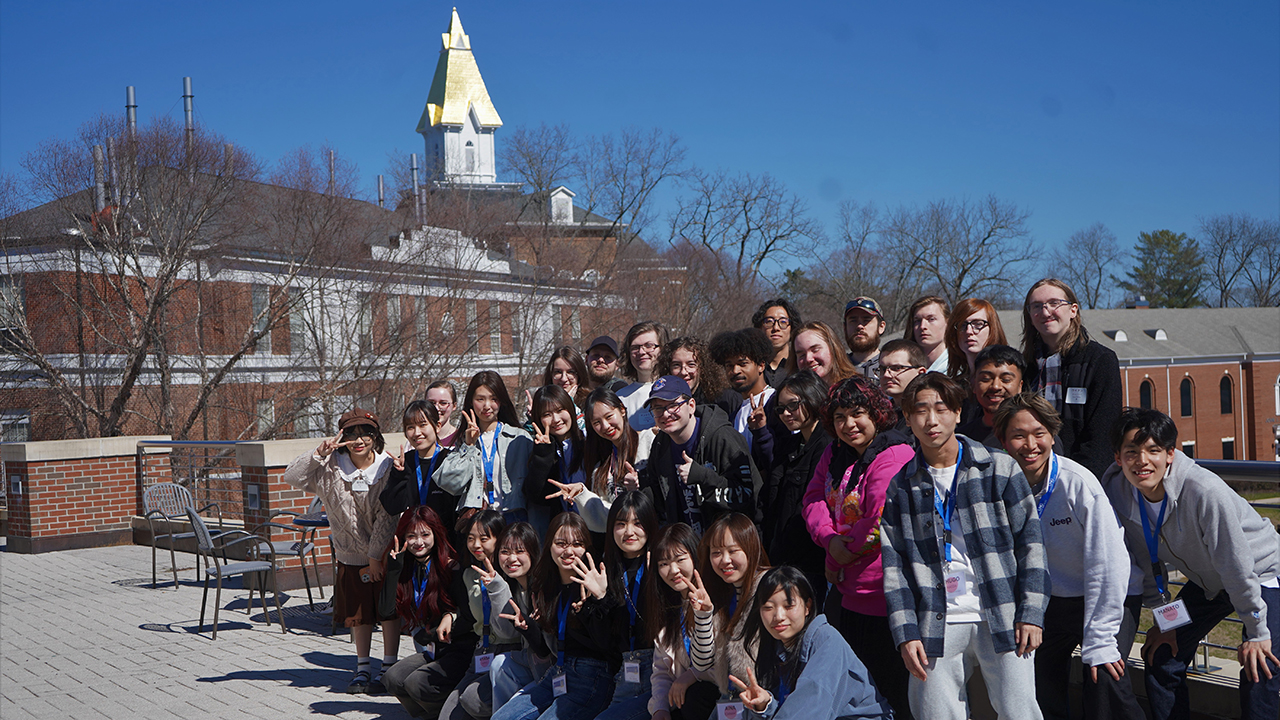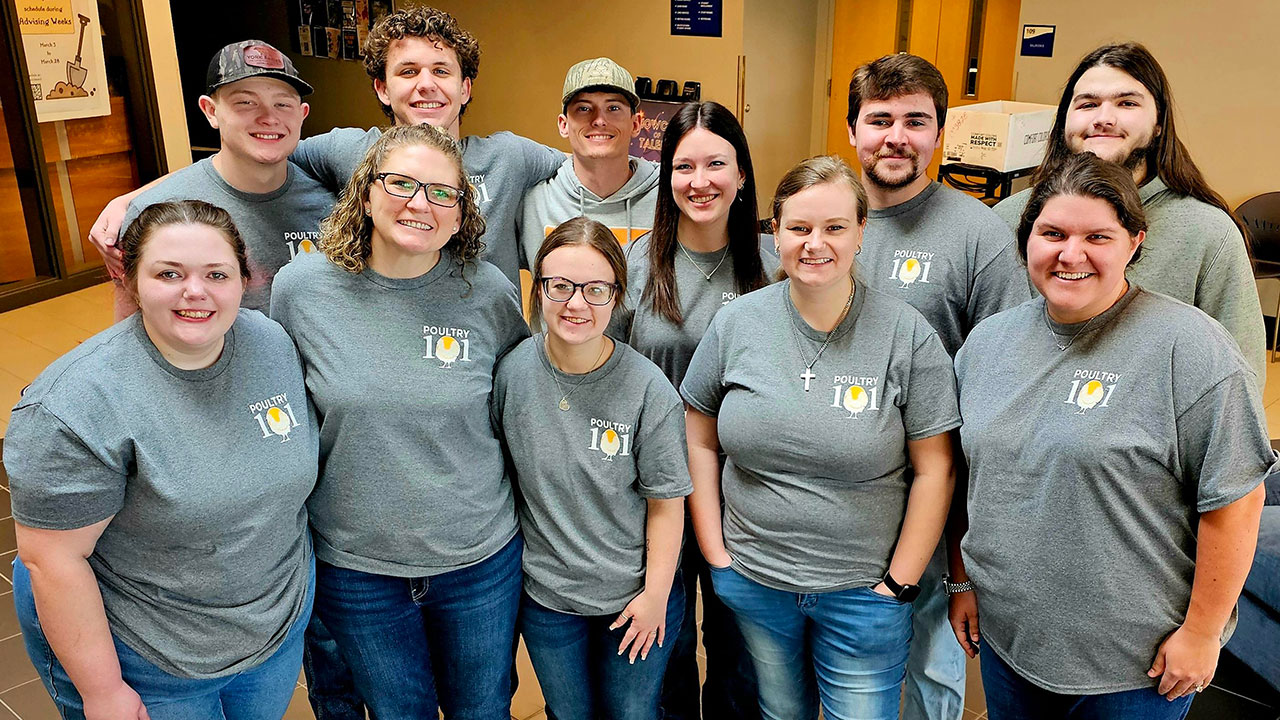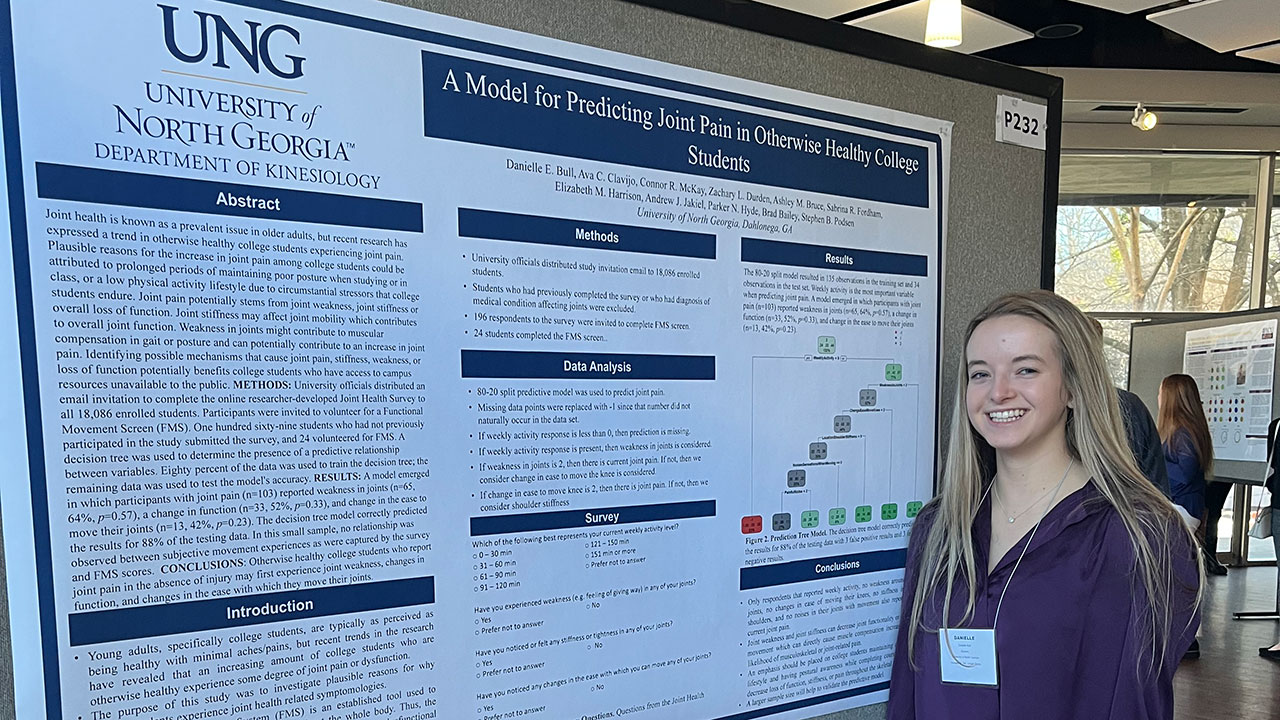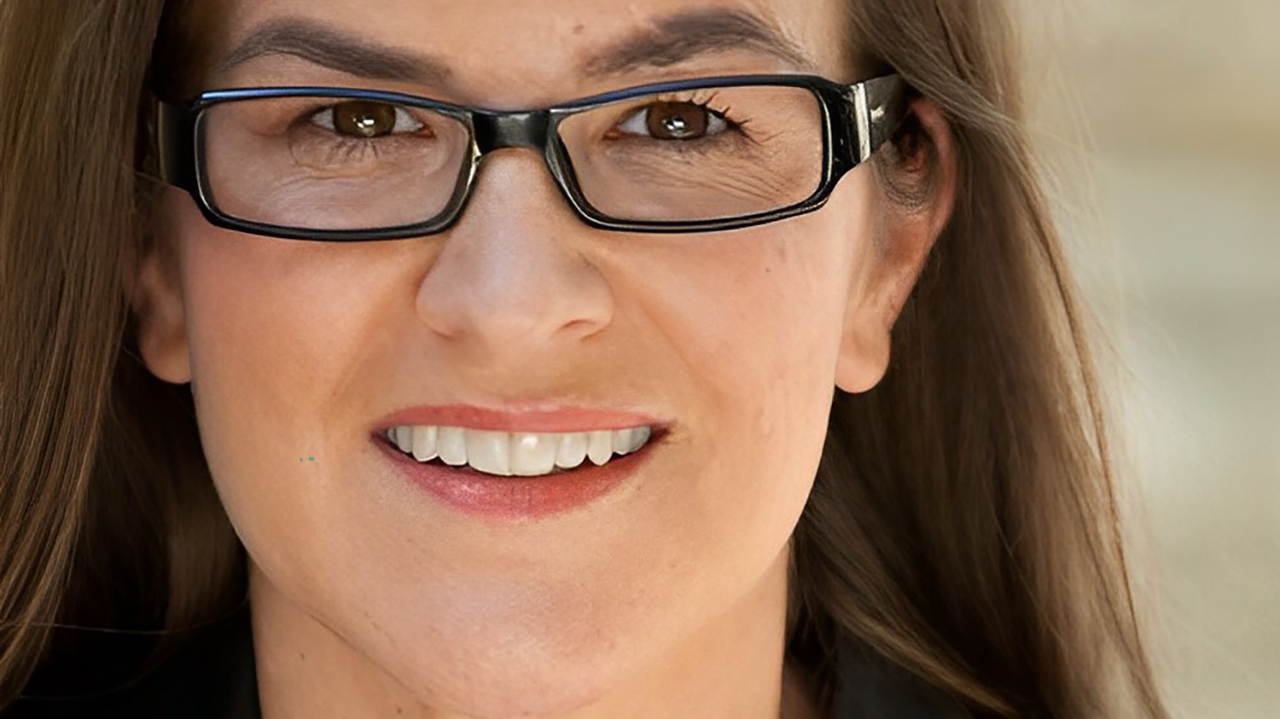SOIRE to showcase faculty research at UNG

Article By: Staff
The University of North Georgia's (UNG) faculty and staff not only work to increase their students' knowledge but their own as well through a wide range of research. But with more than 100 departments and offices at UNG, the campus community may be unaware of all the research being conducted.
Each fall, UNG raises awareness about its faculty and staff research and scholarly projects with the annual Symposium on Innovation, Research and Engagement (SOIRE) conference.
"SOIRE'S intent is to gather us together to celebrate our common bond as scholars," said Andy Novobilski, associate provost for research and engagement and chief research officer. "This is our chance to reach beyond our own disciplines and recharge in the presence of those who share in the experience of scholarship within a growing institution."
Symposium on Innovation, Research and Engagement (SOIRE)
When: 9:30 a.m. to 2:45 p.m. Friday, Nov. 10
Where: third floor of the Library Technology Center on the UNG Dahlonega Campus
Features: Panel presentations, poster sessions, buffet lunch and keynote address
The symposium will be from 9:30 a.m. to 2:45 p.m. Friday, Nov. 10, on the third floor of the Library Technology Center on the UNG Dahlonega Campus. It will include individual panel presentations, a poster session, lunch, and a keynote address. David Peoples, composer and part-time faculty member in the department of music, will present a lecture presentation of an original work. Dr. Benjamin Schoening, associate professor of music and department chair, will perform the work.
During the event, eight groups of faculty, or individual authors, will provide panel presentations while 29 others will participate in the posters session, said Dr. Rebecca "Becky" Johnston, associate professor of music and assistant director of the Center for Teaching, Learning and Leadership (CTLL). Two panel presentations will be from 9:30-10:45 a.m. with the third being from 1:30-2:45 p.m. Poster presentations will be from 10:45 a.m. to noon, and a lunch buffet will be served at the same time.
One of the presentations will be from Dr. Steven Lloyd, professor and department head of psychological science, and Dr. Ryan Shanks, professor of biology. They will present research that investigated the effects of methamphetamine on the hypothalamus in the brain.
"I have presented at SOIRE before in its inaugural year," Lloyd said. "It was a great experience."
He is also looking forward to seeing the research projects from faculty members outside of his sphere.
"It's a good opportunity to find out what's going on around the campuses," he said. "There is the potential for collaborations with other faculty members."
From noon to 1:15 p.m., Dr. Kenneth Carter will present the keynote address "Building Your Platform as a Public Scholar." Carter is a professor of psychology at Oxford College of Emory University. Dr. Michael Rifenburg, CTLL Fellow for Scholarly Productivity, identified Carter as an important voice in bridging academic work with public discourse.
"He will help us to strategize about how to distill and convey our research findings to the general public," CTLL Director Mary Carney said.
More than 80 faculty members applied to be part of SOIRE. Members of the Faculty Senate's professional development committee — Dr. Michallene McDaniel, Dr. Bikash Das and Dr. Laura Ng — worked with Carney and Johnston to prepare the program.
Departments featured during the event will include anthropology, biology, business, chemistry, communications, computer science and information systems, economics, English, mathematics, multicultural student affairs, music education, music performance, nursing, physical therapy, physics, psychology, sociology, teacher education, and visual arts.
Johnston said this event offers a chance for conversations to occur across research fields at UNG.
"The biology department has no idea about the research the music education department is doing, but this event allows us a window into the academic lives of our different colleges that we would not normally have access to," she said, explaining the SOIRE allows faculty members to meet each other and collaborate on future projects. "Research is important because it ensures that we are evolving."
Novobilski agreed, saying research also effects students.
"It helps us better model and mentor our students," he said. "We are engaging students to think about what the future might hold."



